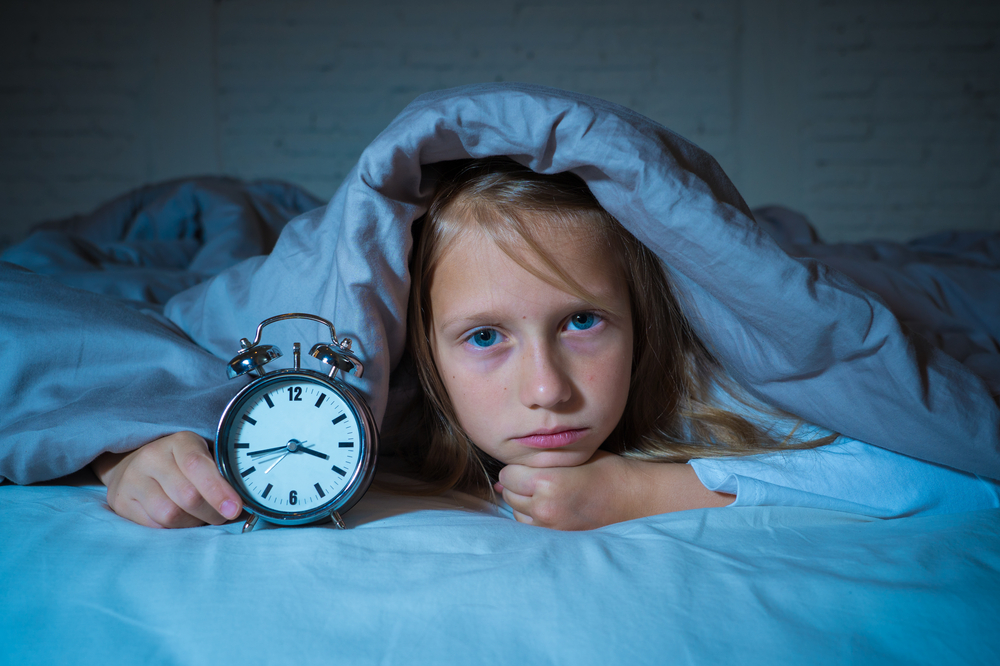The Manifestation of Sleep Disorders
Everyone experiences problems falling asleep or staying asleep from time to time. The stress in our lives increases daily with constant notifications and alarms on smartphones, the ever-increasing pace of information, and all the slings and arrows of life in general.
Typically, these situations will soon pass, relieving the conditions causing you to lose sleep. But when problems with your sleep become the norm and interfere with your ability to function throughout the day, you probably suffer from a sleep disorder.
Sleep disorders impact sleep quality, timing, and duration, setting the stage for more severe health issues and significantly diminishing your quality of life.
Sleep Disorder Origins
Numerous diseases, disorders, and conditions can interfere with your sleep. Underlying health challenges are a frequent source of sleep disorders. Among the most common are:
Allergies –Respiratory issues like allergies, upper respiratory infections, colds, and COPD make breathing difficult and disturb sleep.
Nocturia –Frequent urination due to urinary tract diseases, hormonal imbalances, or other issues interrupts your sleep cycle depriving you of adequate rest and may lead to developing this condition.
Chronic Pain –Whatever the source, constant pain will greatly impact the quality of sleep by making it difficult to fall asleep and stay asleep. Chronic pain can arise from many different causes, including:
- Chronic Fatigue Syndrome
- Arthritis
- Fibromyalgia
- IBS
- Headaches
- Neuropathy
- Lower Back Issues
Sleep disorders can aggravate and intensify chronic pain creating a vicious cycle of sleeplessness and making daily life even more difficult.
Sleep Disorder Symptoms
While various sleep disorders can have different symptoms, and issues arising from a particular health condition may have a specific impact, the following are typical symptoms of sleep disorders.
- Abnormal breathing patterns
- Problems falling or staying asleep
- Fatigue during the day
- The intense desire for a nap
- Uncontrolled body movement
- Diminished work/school performance
- Depression
- Poor concentration
- Weight gain
Some Common Sleep Disorders
Insomnia
The most familiar sleep disorder is insomnia which impacts up to 50% of Americans and impairs your ability to fall asleep and stay asleep throughout the night.
Women and older adults are most at risk for this condition. There are three classifications of insomnia, chronic, intermittent, and transient.
Sleep Apnea
A serious medical condition indicated by breathing pauses during sleep, Sleep Apnea reduces your oxygen intake and can awaken you during the night. There are two types of sleep apnea Obstructive which indicates an obstruction or narrowing of the airway, and Central, which represents an issue with the connection between the brain and breathing control.
Parasomnias
This sleep disorder class causes unusual body movements and behavior while sleeping. Sleepwalking, teeth grinding, nightmares and clenching of the jar all indicate parasomnias.
Restless Leg Syndrome
An irresistible urge for leg movement, Restless Leg Syndrome may also include a tingling sensation in your legs. Although most commonly occurring at night, this condition can also occur during the day.
Narcolepsy
Often defined as “sleep attacks,” narcolepsy delivers a sensation of extreme tiredness, causing the sufferer to fall asleep without warning. It can evolve into Sleep Paralysis, where you cannot move for a period of time upon waking. Often resulting from neurological disorders like multiple sclerosis, narcolepsy will sometimes occur independently.
The list of sleep disorders is a long one.
For example, Circadian Rhythm Sleep Disorders are misalignments or dysfunctions of your internal clock. Periodic Limb Movements Disorder (PLMD) is the repetitive twitching, jerking, or cramping of the lower limbs during sleep.
Issues like these negatively impact your sleep cycle, robbing you of sufficient restorative rest, even though you may not wake up.
Finding Relief
What should you do if you believe you suffer from a sleep disorder?
You can do several things to improve the quality of your sleep, like reducing your caffeine intake, avoiding alcohol before bed, sticking to a consistent sleep schedule, turning off your smartphone and other devices before retiring, and eating a healthy, well-balanced diet.
Assuming that your sleep disorder results from some poor habits, these strategies can be very successful. However, the fact that many sleep disorders arise from other health conditions and many of these require medical intervention means that seeking professional help in resolving your sleep problem is essential and a must.
Conditions like sleep apnea typically require a prescription for a CPAP device or similar equipment. Many sleep disorders necessitate professional medical attention due to the complex nature of these conditions.
Medications can aid your sleep if your doctor believes that is your best option. But depending on your specific sleep disorder, counseling can also be beneficial.
Keeping a sleep diary can be very helpful for you and your counselor. Making a conscious effort to honestly review your evening routine and personal choices affecting your sleep can be eye-opening and informative.
Final Thoughts
Our brain and body cannot function at peak capacity without adequate sleep. Sleep disorders reduce the length and quality of our sleep and threaten our health and longevity.
Identifying and understanding the underlying issues and specific disorders affecting you is critical for treating and resolving your sleep issues. Sleep Science Academy is here to help you address your sleep issues and conditions.
Working with a professionally trained and experienced Sleep Coach, you will begin to understand your specific challenges better. Ultimately, the knowledge and understanding you gain through your experiences with Sleep Science Academy will help you get the restorative sleep that your body needs.
Transform your sleepless nights into restorative rest; contact us today for your free consultation to learn how to rest easy.

